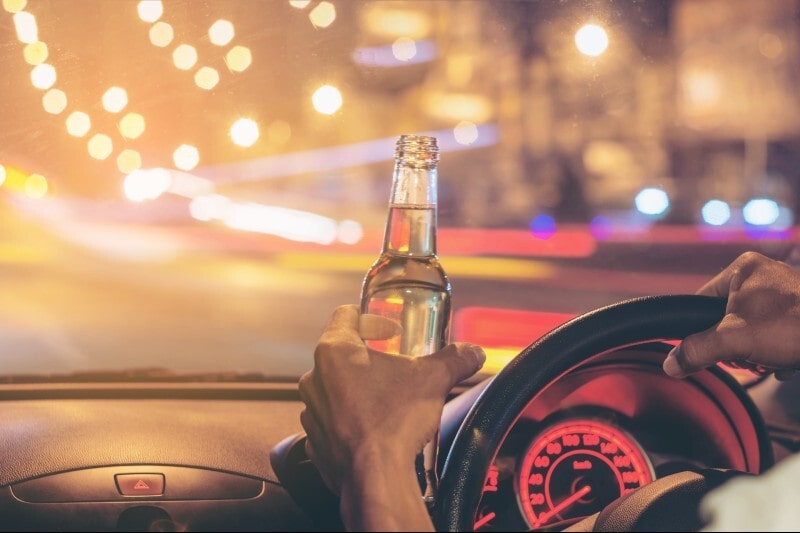
Getting hit by a drunk driver is one of the most traumatizing types of accidents someone can experience.
In many cases, these result in serious injuries, some of which may be permanent.
If you or a loved one sustains an injury due to a drunk driver, you may have several questions about your potential settlement.
Here is the truth behind average settlements posted online and the different factors that affect your total damages.
Why Online Examples of Drunk Driving Settlements Aren’t Accurate
Multiple sources on the internet claim to provide the average settlement for a drunk driving accident.
However, most of these settlements are misleading for a few different reasons. The main reason averages are not accurate is that they completely ignore confidential settlement results.
Since many settlements are not publicly disclosed, these averages are not representative of most cases.
Another reason you should not trust averages is that they do not take into account your unique circumstances.
If you have serious injuries, especially those that cause disability or require a long recovery, an average may be completely different from the actual value of your case.
Factors That Affect a Drunk Driving Lawsuit Settlement
If you want to estimate the value of your case, it is best to understand the different things that affect case value.
Generally, the amount of compensation for being hit by a drunk driver depends on three factors: your total damages, the defendant’s insurance coverage, and any applicable negligence laws.
Total Damages
The first thing to consider when determining the value of your case is total damages.
In drunk driving accidents, three categories of damages may apply. The first, economic damages, is any financial loss associated with the injury.
This usually includes things like:
- Medical bills;
- Lost wages;
- Property damage; and
- Reduced earning capacity.
Since these losses are financial, they are somewhat easy to calculate. Simply adding any bills, quotes, or receipts will give you a rough idea of your economic damages.
The second category of damages, non-economic damages, are the intangible, non-financial losses from your accident.
These are much harder to estimate because they usually refer to physical or emotional losses, like pain and suffering.
Finally, some drunk driving lawsuits involve punitive damages. The court awards these only in cases where the defendant acted maliciously or with extreme negligence.
Insurance Coverage
When it comes to compensation in drunk driving accidents, the defendant’s insurance coverage plays a significant role.
Currently, Texas requires a minimum amount of liability coverage for all drivers. However, if the defendant does not have insurance, you may need to make a claim through your own insurance policy.
Most insurance policies in Texas have personal injury protection (PIP) coverage, which helps in this scenario.
Uninsured/underinsured motorist coverage (provided you did not opt out of it) may also help you.
Negligence Laws
The state of Texas follows a modified version of comparative negligence. This means that the victim may receive compensation as long as their share of fault is 50% or less.
However, the court also reduces their total award by their percentage of fault.
Don’t Fight for Your Recovery Alone—Armstrong Lee & Baker LLP Can Help
If you or a loved one sustains an injury because of a drunk driver, we are here to help fight for your recovery.
Whether you need help understanding the average settlement for a drunk driving accident or managing the different aspects of your claim, we always put you first.
To schedule a free consultation, call us at 832-402-6637 or contact us online.
